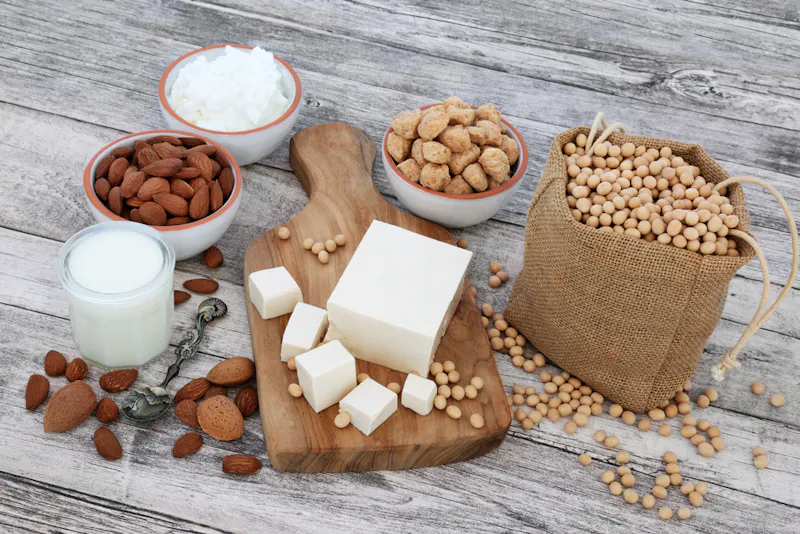What is HDL cholesterol?
What's covered?


High-density lipoprotein (HDL) cholesterol is made in your liver and helps to prevent heart disease and stroke. Eating a balanced diet and getting enough exercise are both good ways to improve your LDL cholesterol levels. Keep reading to find out more about the function of LDL cholesterol, how it's made, and how to check your LDL cholesterol levels at home with a finger-prick blood test.
What is HDL Cholesterol?
High-density lipoprotein (HDL) is commonly referred to as "good cholesterol" as it helps protect against diseases of the arteries. It's one of the proteins that carry fats (lipids) around your body and plays a key role in ensuring balanced cholesterol levels.
There are two main types of cholesterol — HDL and LDL.
How's LDL cholesterol made?
HDL is produced by the liver and forms part of your total cholesterol.
What does HDL cholesterol do?
Its core function is to regulate the build-up of cholesterol in the body’s arteries by channelling the excess cholesterol to the liver to be expelled. This process helps to reduce the risk of developing heart disease and stroke by lowering the danger of clogging up arteries.
How to check your HDL cholesterol
You can check your HDL cholesterol levels as part of our cholesterol blood test.
What are normal HDL cholesterol levels?
When it comes to HDL levels think H = High. Having high HDL cholesterol levels is optimal as it ensures that it is doing its job.
On average you want to ensure that your HDL is above 0.99 mmol/L (millimoles per litre).
How to improve your HDL cholesterol
Factors such as diet, exercise, and weight gain can all contribute to low levels of HDL — thankfully all of these are addressable.
Dietary choices
The following foods can help improve your HDL levels:
- vegetables
- oily fish — like salmon, mackerel, and
- nuts and pulses
- high-fibre food
- olive oil
Diets such as the DASH and Mediterranean diets tend to be the most popular diets to maintain healthy cholesterol levels. You should check with your GP or a registered dietitian before starting a new diet.
You might consider taking our premium, vegan omega-3 supplements to ensure you're getting enough HDL. Ours are made from algae, the same source get theirs from. And they're made in the UK. You should speak to your GP first before starting a new supplement.
Exercise
You should try and aim for 150 minutes a week of exercise. This includes the type of exercises that leave you out of breath, as a guideline of how much you should be doing to maintain your cholesterol levels (and to reap additional benefits as well).
Running, swimming, cycling and even walking are all good places to start. The more energy you spend exercising the better for your cholesterol level.
Other lifestyle factors that can affect HDL cholesterol
- smoking — tobacco smoke can lower your HDL levels along with increasing your risk of developing heart complications in general so if applicable consider quitting.
- obesity — similar to smoking there are obvious health implications with being overweight, and so maintaining a healthy weight can help with improving your HDL levels.
Because HDL has a protective role within our bodies, the aim is to reach as high a level as possible. Ensuring you have optimal HDL levels means that the excess LDL is being removed from your body and you're less at risk of developing heart disease.